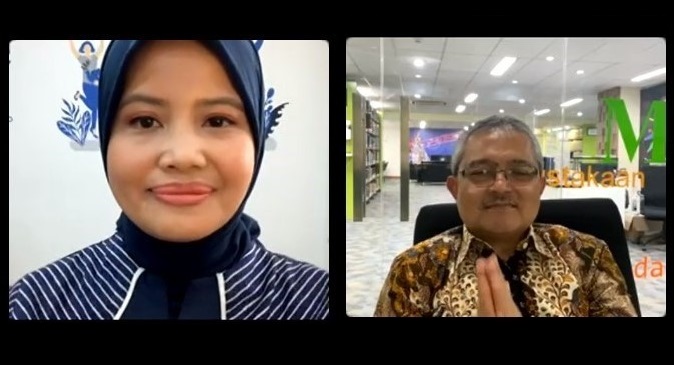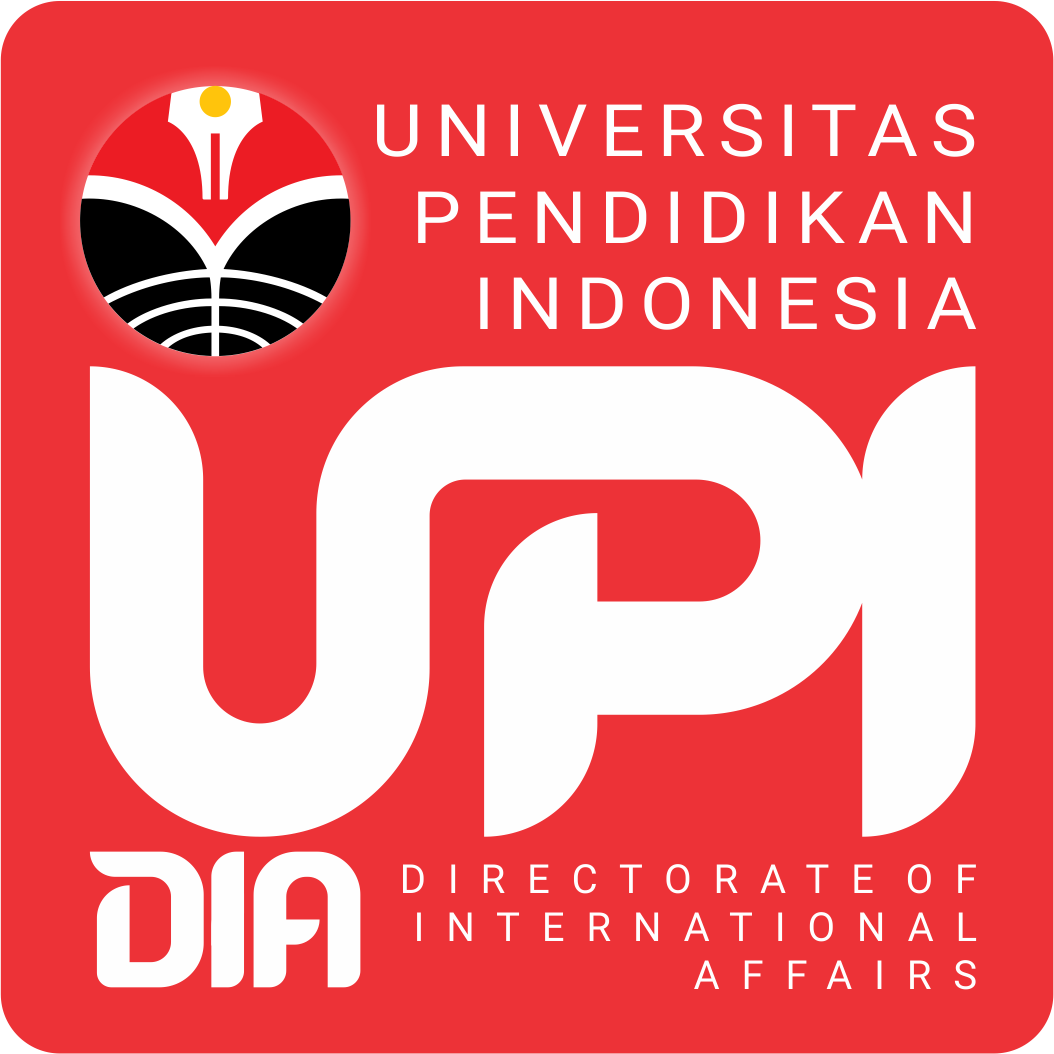
The Ministry of Education, Culture, Research and Technology (Kemendikbudristek) through the Language Development and Development Agency (Badan Bahasa) collaborates with the Ministry of Foreign Affairs (Kemenlu) in educational and cultural cooperation. The collaboration between the Ministry of Education and Culture and the Ministry of Foreign Affairs is carried out in three programs, namely Indonesian Language for Foreign Speakers (BIPA), foreign scholarships, and cultural programs.
“BIPA is not a new thing for the Ministry of Education and Culture because it has started since the 1960s,” said the Head of the Language Agency, E. Aminudin Aziz, at the #In the Diplomacy Chat event “Road to PPTM” organized by the Ministry of Foreign Affairs, on Tuesday (10/10/2019). 1).
Aminudin Aziz said that the bustle of soft diplomacy initiated by the former Minister of Foreign Affairs (Menlu), namely Hassan Wirajuda, one of which was learning Indonesian for foreign speakers. This idea was followed up by the Ministry of Education and Culture to organize Indonesian language learning packages aimed at foreign speakers. “Learn Indonesian not as a second language, but as a foreign language,” he added.
He added that there are two types of classes in the BIPA program, namely Indonesian for general and special. General classes are focused on learning everyday conversation and introductions and improving speaking, writing, and reading skills. Meanwhile, special classes are focused on business and military interests.
Furthermore, Aminudin Aziz explained that initially the BIPA program targeted big countries, such as America, Australia, Japan and Saudi Arabia. “In the past there were 32 countries that held BIPA classes, then I talked to my friends about expanding it to other countries,” he said.
The Ministry of Education and Culture also spoke with the Ministry of Foreign Affairs about what are the priority programs. Within 2 years, 20 countries have participated in the BIPA program. Thanks to the collaboration with the Ministry of Foreign Affairs, the BIPA program has begun to expand. Currently there are 52 countries implementing the BIPA program.
“At this time, European countries remain our priority because of their economic, political potential and interest in learning. Why do we say economic potential? That’s because after they learn Indonesian, we also encourage them to come to Indonesia,” he explained.
The second program which is also a form of strengthening collaboration between the Ministry of Education and Culture and the Ministry of Foreign Affairs is foreign scholarships. The collaboration between the Ministry of Education and Culture and the Ministry of Foreign Affairs is needed in monitoring the learning outcomes of students who receive scholarships studying abroad. “That’s where cooperation between the two ministries is needed to provide notes and evaluations to our students,” he said.
He explained that awarding degree scholarships for Masters and Doctoral levels and non-degrees, such as short programs of 3 or 6 months involving the Education Fund Management Institution (LPDP). There is a short 6-month program called the Indonesian International Student Mobility Awards (IISMA). Students are sent to prestigious universities to get the best lectures. No exception for vocational education. Selected students can take part in internship programs in industrial fields in developed countries.
“The Ministry of Education and Culture also invites students through the Developing Countries Partnership (KNB) scholarship. The aim is for scholarship recipients from friendly countries who are included in the category of developing countries to study at 27 universities in Indonesia. This program is managed at the ministry and is available for undergraduate, masters, and doctoral programs,” he said.
The Ministry of Education and Culture is currently discussing the Darmasiswa Scholarship program which started in 1970. Students who take part in this program will study for 1 year.
Next, the third strengthening program is related to culture. With good collaboration between the Ministry of Education and Culture and the Ministry of Foreign Affairs, the implementation of educational diplomacy which is part of soft diplomacy can be better and more focused. This includes Indonesia’s involvement in ASEAN chairmanship.
“Regarding the ASEAN chairmanship, the Ministry of Education and Culture is working together to focus on education and culture. For culture itself, the Ministry of Education and Culture has a joint cultural program involving ASEAN countries,” he added.
“If we support each other, I’m sure this soft diplomacy will be effective in formulating a common platform to determine the direction of education going forward,” he concluded.
